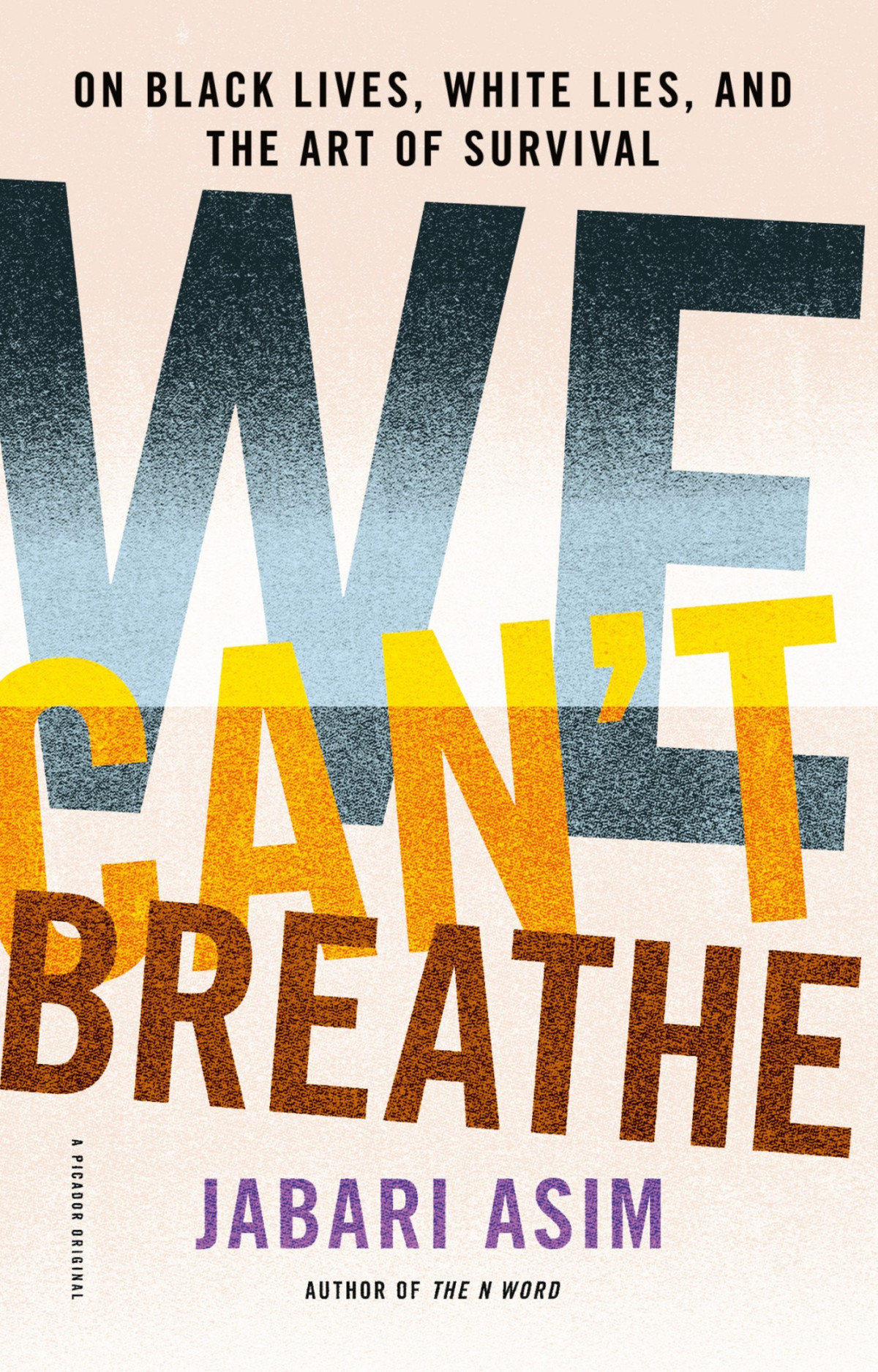

Most ebook files are in PDF format, so you can easily read them using various software such as Foxit Reader or directly on the Google Chrome browser.
Some ebook files are released by publishers in other formats such as .awz, .mobi, .epub, .fb2, etc. You may need to install specific software to read these formats on mobile/PC, such as Calibre.
Please read the tutorial at this link: https://ebookbell.com/faq
We offer FREE conversion to the popular formats you request; however, this may take some time. Therefore, right after payment, please email us, and we will try to provide the service as quickly as possible.
For some exceptional file formats or broken links (if any), please refrain from opening any disputes. Instead, email us first, and we will try to assist within a maximum of 6 hours.
EbookBell Team

4.8
44 reviewsA Finalist for the PEN/Diamonstein-Spielvogel Award for the Art of the Essay Insightful and searing essays that celebrate the vibrancy and strength of black history and culture in America by critically acclaimed writer Jabari Asim"A fantastic essay collection...Blending personal reflection with historical analysis and cultural and literary criticism, these essays are a sharp, illuminating response to the nation’s continuing racial conflicts.
"—Ron Charles, The Washington Post In We Can’t Breathe, Jabari Asim disrupts what Toni Morrison has exposed as the “Master Narrative” and replaces it with a story of black survival and persistence through art and community in the face of centuries of racism. In eight wide-ranging and penetrating essays, he explores such topics as the twisted legacy of jokes and falsehoods in black life; the importance of black fathers and community; the significance of black writers and stories; and the beauty and pain of the black body. What emerges is a rich portrait of a community and culture that has resisted, survived, and flourished despite centuries of racism, violence, and trauma. These thought-provoking essays present a different side of American history, one that doesn’t depend on a narrative steeped in oppression but rather reveals black voices telling their own stories.